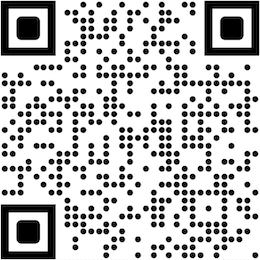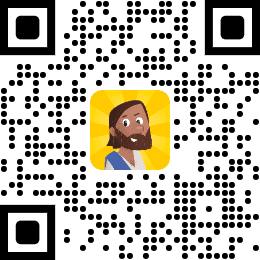Eastern Arctic Inuktitut Bible (Romanized)
About Inuktitut
Inuktitut, also called Eastern Arctic Inuktitut, is spoken primarily in Nunavut and in Nunavik (northern Quebec) by the Inuit people. It is one of the official languages in the Nunavut territory along with English. The writing system used in Inuktitut is based on the syllabic writing originally developed by James Evans for Cree speakers, which was later adapted and introduced to the Inuit by Edmund Peck.
About This Translation
This is a romanization of the revised Eastern Arctic Inuktitut New Testament (Canadian Bible Society, 2021-2023). New books will be added as they are ready. If you notice problems or have feedback about the romanization, please let us know at translations@biblesociety.ca.
The Canadian Bible Society partnered closely with the Anglican Church diocese of the Arctic on the production of this scripture translation. The translation project was established by Dr. Eugene Nida, Translation Director for the American Bible Society in 1978 at the invitation of the Anglican Church. It is the first complete Bible translated in Canada where all of the translation has been done by speakers of the language (all Anglican priests, two of whom were consecrated as Bishops during the course of their work on the translation). The New Testament was first published in print in 1992, with at least 5 subsequent reprints. The complete Bible was published in 2012 and dedicated in the new Cathedral in Iqaluit on June 3, 2012. A revision of the New Testament was published in 2021. If you are interested in obtaining a printed copy of this Bible, please visit http://www.biblescanada.com.
Copyright Information
Eastern Arctic Inuktitut Bible (Romanized) © 2022-2023 Canadian Bible Society
The text of the Bible in Inuktitut which appears in this electronic format or website is for personal use only.
Up to five hundred (500) verses of the Bible text in any form (written, visual, electronic or audio) may be quoted without permission. The quoted verses may not be more than 50% of a complete book of the Bible, or more than 25% of the total text of the work in which they are quoted. Prior written permission must be obtained for any other use of the text. Copyright acknowledgement must in all cases appear on the title or copyright page.



